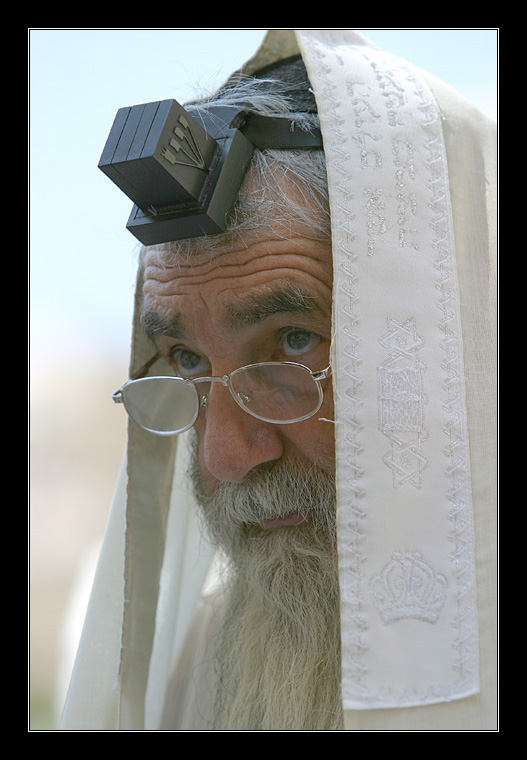DAY 67
AT THE END OF THE DAY IT IS ABOUT...
Deuteronomy 4, 5, & 6 and Mark 11:1-18
We have between the Old Testament lesson and the Gospel today an
interesting contrast. Try and imagine where and when this Old Testament reading
is taking place, and then contrast it to Jesus’ entry in Jerusalem.
Let’s try. Moses has the nation of Israel on the verge of entering
the Promised Land. They have already had success in defeating those opposing
them, so I imagine there is some confidence. Moses himself knows that he cannot
enter and his successor is named. They are poised to Go and Be God’s People.
The key will be in keeping the Law. Let me just circle back on
this point. They are not keeping the Law to earn God’s favor – He has already
chosen them. They are keeping the Law to live in a manner that sets them apart
thereby revealing to the world Almighty God.
The
Greatest Law is found in Deuteronomy 6:4-9: “Hear, O
Israel: The Lord our God, the Lord is one. You shall
love the Lord your God with
all your heart and with all your soul and with all your might. And these words
that I command you today shall be on your heart. You shall teach them diligently to your children,
and shall talk of them when you sit in your house, and when you walk by the
way, and when you lie down, and when you rise. You shall bind them as a sign on your hand, and
they shall be as frontlets between your eyes. You shall write them on the doorposts of your
house and on your gates.”
Fast forward some
1,400+ years. The Temple is in operation. Some of God’s people are following
the Law. In fact this is what defined the Pharisees. They believed if they followed
the law to the letter, that God would return and re-establish the kingdom –
they too are looking for the Messiah. They are so serious that they have
literally bound the law on their hands and foreheads in what is called a
phylactery (that is the picture today).
Jesus enters weeping
over Jerusalem, and not just quietly; the Greek language indicates loudly (cf. Luke 19:41) because of how far short
God’s people have come. The fig tree is the symbol of these fruit barren people
of God.
The question might
be, “What should he have found?” Not that I am asking us here to judge others,
but rather I am asking that we project this question into our lives. At the end of the day what
should he find in us?
Look again closely at
what is called the Shema. In it we
read that not only are we to fully love God, but that all that is commanded
should “be on our hearts”. Giving your heart to God isn’t some sentimental
notion. It is more aligned with people who have been, say for example, married
for 50 years – there is intimacy and commitment and yes passion. That is what
God is looking for.
Jesus finds the
antithesis of this in Jerusalem and it breaks his heart to the point of
weeping. Today I don’t want us to come away thinking that being people who are
trying to live for God is “all on us”. God’s grace is plentiful. Yet just in
the same way we need to nurture our relationships with other humans (if you
want the 50 year marriage) we also must nurture our relationship with God. At the end of the day it is really about trying to love God, totally.
Finally
what about those phylacteries? There is nothing wrong with wearing a wedding
ring as long as there is more to it, just as if there is nothing wrong with
wearing a phylactery so long as there is more to it!

No comments:
Post a Comment